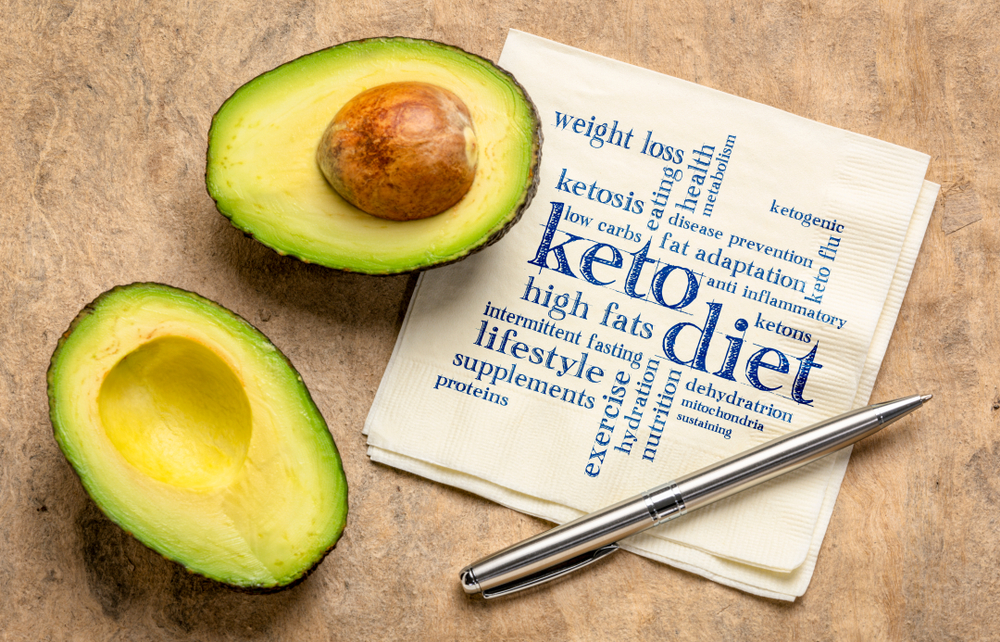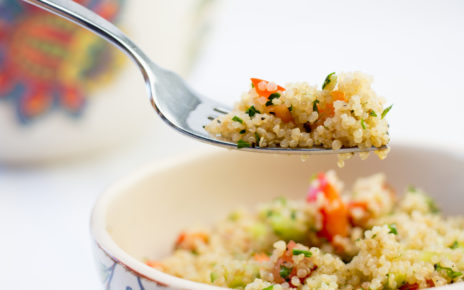Keto Fruit- fact or fiction? While beloved across the world, there seems to be a major red-line that no dedicated keto disciple crosses, right?
Loaded with vitamins, antioxidants, fiber, and flavonoids can you afford to miss out on nature’s candy, as they are referred to?
Why are fruits important in the diet? First, fruits are low in sodium, calories, and fats. They are also good sources of many important nutrients required by the body. By adding fruits to diet, the risk of chronic diseases is greatly reduced. Cancers, cardiovascular damage, and other health problems may be prevented by the consumption of certain fruits. Presently, there are so many types of fruits from citrus fruits like oranges to berries and melons which one can choose from.
The keto diet is a high-fat diet, one where sugar and carbs must be restricted to achieve weight loss. Are fruits allowed on the keto diet? One diet myth associated with the keto diet is that fruits must be removed entirely from diet. This myth is popular because fruits contain varying quantities of carbohydrates and sugar. Will eating fruits while on the keto diet increase carb count? Should fruits be avoided entirely while on the keto diet?
This article will help explain why eating fruits on the keto diet should be limited, as well as some keto-friendly fruits that are actually allowed.
Top Reasons to Limit Fruit Consumption on the Keto Diet
One of the reasons why people choose the keto diet is to aid weight loss. This type of diet is a high-carb, low-fat diet where consuming excess carbs can increase blood sugar levels. With an elevated blood sugar level, the individual is knocked out of ketosis, and no weight loss is achieved. Some people who want to start the keto diet turn to fruits thinking that they are low-carb and suitable for the diet. This is not necessarily the case since fruits are a source of sugars, mostly sucrose.
Sucrose found in fruits is made up of glucose and fructose. Unlike carbohydrates which provide a quick form of energy, fructose must be converted into glucose. The liver is responsible for converting fructose to glucose, which is then used by the body for fuel. Fructose has been associated with increasing the fat stores in the liver. It may also increase the level of low-density lipoproteins, which is a known cause of many health problems. One study showed that fructose may be responsible for type 2 diabetes, high blood pressure, obesity, and insulin resistance. It may also affect liver health negatively.
People can become addicted to sugar and sweetened food. In fact, one of the reasons why we eat fruits is because of their sweet taste. As with any food, eating fruits excessively can negatively affect health. Fruits contain fructose and the sweeter the fruit, the more sugar it contains. It is thus necessary to limit the number of fruits one consumes while on the keto diet so that sugar consumption is properly managed. If excess fruits are consumed, it can cause a spike in blood sugar, which accumulates in the blood. Diabetes and other health problems may result due to the inability of the body to use the accumulated sugar.
6 Keto Fruit For Your Diet
Fruits can still be consumed while on the keto diet, but high-carb fruits are not usually beneficial on this diet. Some of the keto-friendly fruits that can be consumed while on keto include
Avocados: With only 15 grams of fat and less than 2 grams of carbohydrates, the avocado should be the posterchild for keto fruit everywhere.
In one study where people consumed a lot of avocados, there was a 22% decrease in the level of bad cholesterol and an 11% increase in good cholesterol. The results of this study suggest that consuming avocados can improve cholesterol level. While on the keto diet, eating avocados can help to restore the vitamins and mineral balance in the body. It is a rich source of potassium which is required by the body for different purposes. Only about half of an avocado is recommended in the diet to receive its many benefits.
Berries: Most berries are suitable for the keto diet, especially raspberries, strawberries, and blackberries. Berries generally have a higher sugar content than avocados, but they are still considered low-carb. Antioxidants, important minerals, and fibers can be obtained from berries. Raspberry, for example, has about 1.5 grams of carbohydrates for each quarter cup. They can be used in salads or as toppings for a low-carb dessert. Strawberries, on the other hand, contain about 2 grams of carbohydrates for each quarter cup. Both strawberries and blackberries can be added to yogurt and used for breakfast.
Watermelons: Watermelons contains about 22 grams of carbohydrates and less than 2 grams of fiber in a 2 cup serving. It also has about 18 grams of sugar in it. Watermelons are not off-limits on the keto diet, but it must be consumed in moderation. If watermelons are consumed excessively, the sugar and carbs will accumulate and raise blood sugar and insulin levels. With this increase, ketone production is halted and the overall goal of the keto diet is also disrupted.
Cantaloupe: These are also known as muskmelons and have high water content. By consuming cantaloupe on keto, it can help prevent dehydration. This fruit can also be added to a variety of foods and has many health benefits. For example, cantaloupe contains nutrients that can help reduce inflammation and maintain the structure of the cellular membrane. Cantaloupe fruit is also rich in fiber so it can help maintain the health of the digestive system and prevent constipation.
Peaches: Just a cup of peaches contains about 2.5 grams of carbohydrates. Packed with important minerals like phosphorus and potassium, peaches are keto-friendly fruits that should be included in the diet. They may also help promote fullness and prevent cravings.
Lemons: Lemons are very beneficial in the keto diet. They are a good source of vitamin C, but they are also important in maintaining the pH of the body. When lemon water is added to the diet, it can help maintain functions of vital organs such as the liver and kidneys, not to mention alkalizing blood after years of acidic rich food consumption.
This keto fruit will not disappoint.
Conclusion
Fruits are an excellent source of nutrients on keto. When selecting the fruits to eat on the keto diet, it is important to consider the number of net carbs per serving these fruits contain. There are plenty of fruits to choose from, and they are not limited to avocados, berries, watermelons, cantaloupe, peaches, and lemons. Consumption of keto-friendly fruits should also be limited while on the keto diet. Remember that on the keto diet, only about 30 to 50 grams of carbohydrates should be consumed per day to maintain ketosis. When fruits are consumed excessively, they can cause one to exceed this carb allowance and knock the individual out of ketosis. To get the most out of the keto diet, it is best to consume meals rich in healthy fats with moderate protein and low carbohydrates. These keto-fruit may be eaten occasionally but should not form the bulk of the diet.




One Reply to “Keto Fruit: Does Such A Thing Exist?”
Comments are closed.